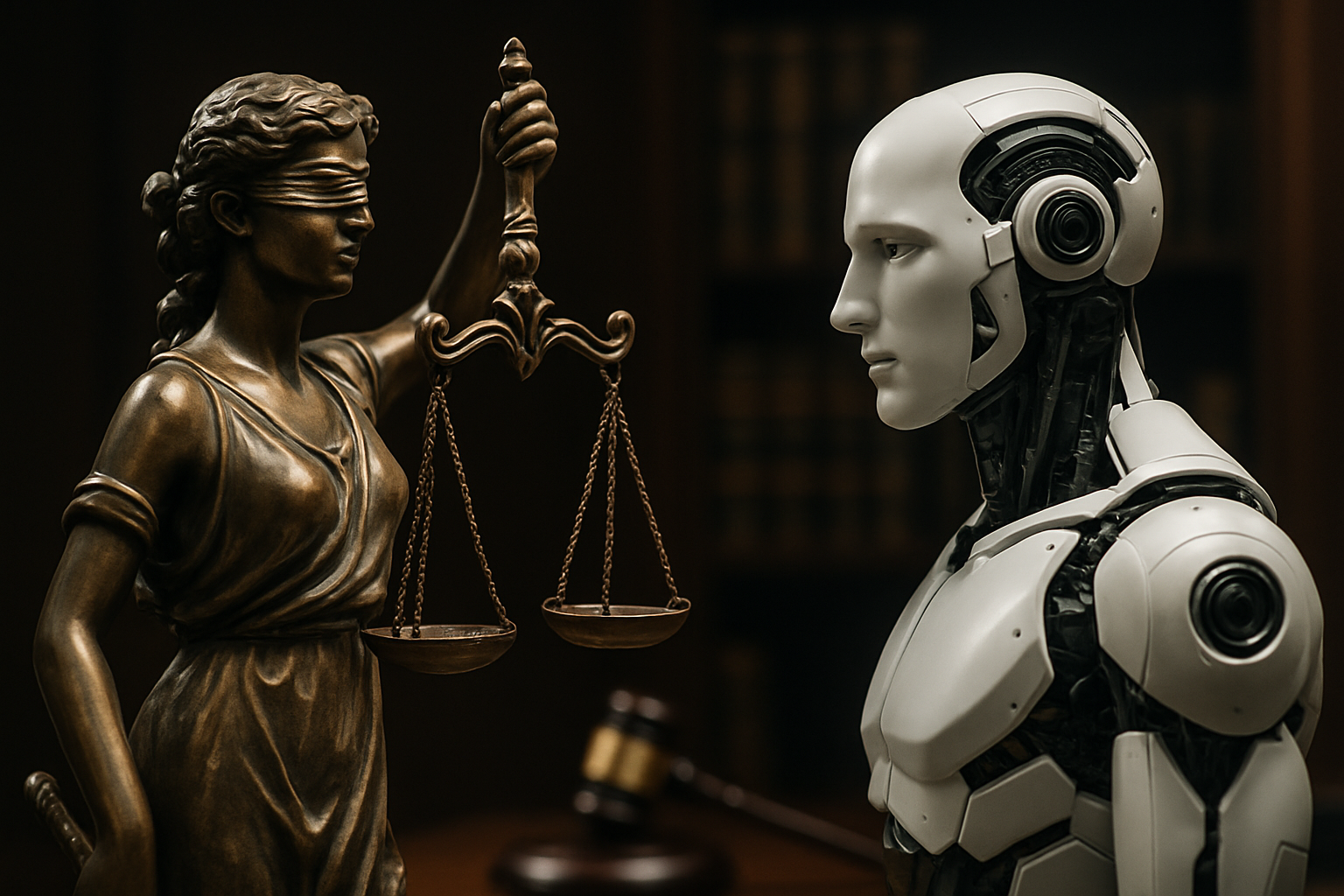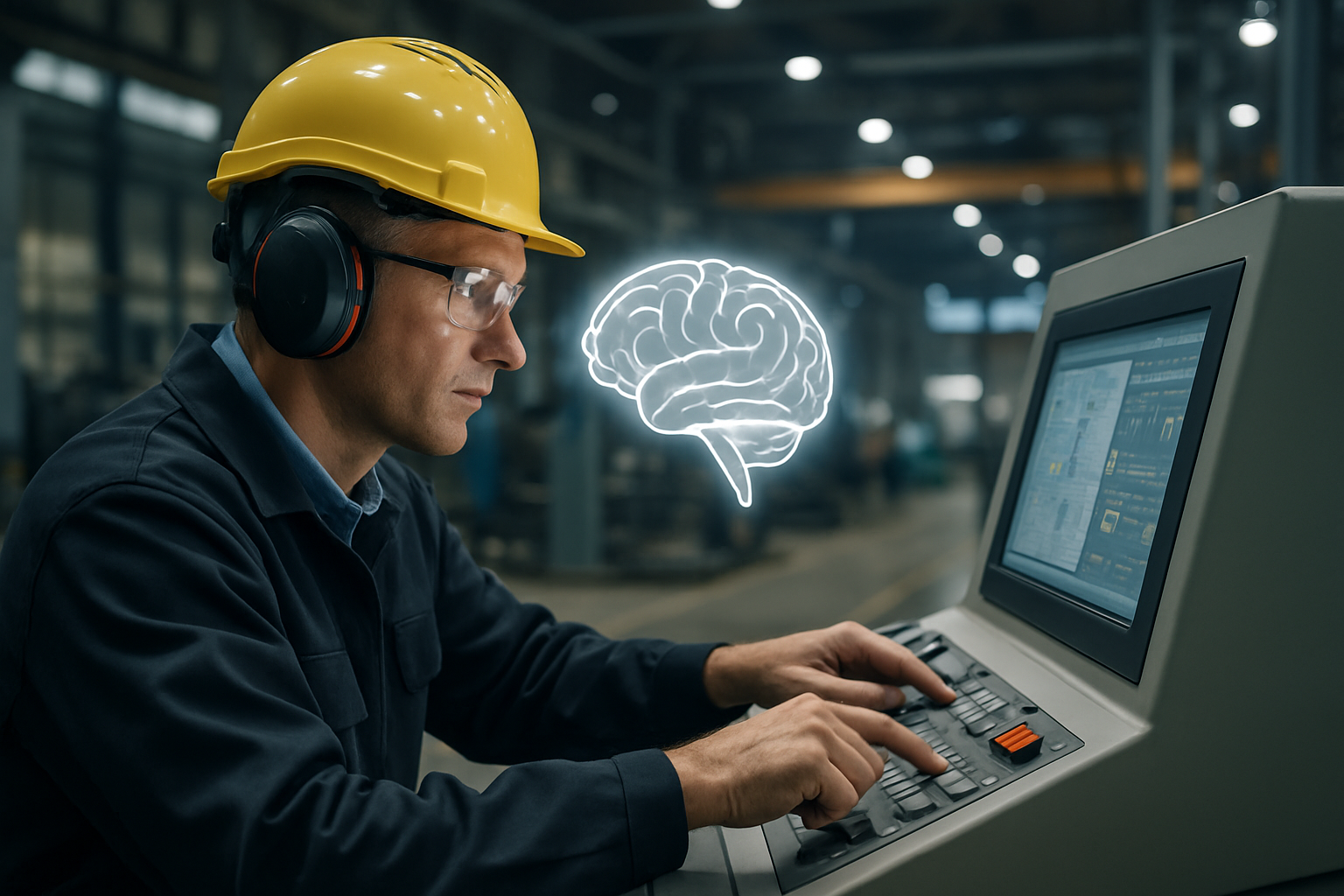Redefining Patent Law in the Era of Artificial Intelligence
Introduction: In the rapidly evolving landscape of technology, artificial intelligence (AI) is pushing the boundaries of innovation and challenging traditional notions of intellectual property. This article delves into the complex intersection of AI and patent law, exploring how legal systems are adapting to protect and regulate AI-generated inventions.

Historical Context of Patent Law
To understand the current challenges, it’s crucial to examine the historical development of patent law. Patents have long been a cornerstone of intellectual property protection, encouraging innovation by granting inventors exclusive rights to their creations. The concept dates back to the 15th century in Venice, evolving through the Industrial Revolution and into the digital age. However, the core principles of patent law have remained relatively unchanged, focusing on human creativity and ingenuity.
AI as an Inventor: Legal Precedents
Recent years have seen groundbreaking cases testing the boundaries of AI inventorship. In 2019, an AI system named DABUS was listed as the inventor on patent applications filed in multiple countries. These applications sparked a global debate on the legal personhood of AI in the context of patent law. While some patent offices outright rejected the notion of AI as an inventor, others have shown openness to reevaluating traditional criteria.
Legislative Responses and Policy Considerations
Governments and legislative bodies worldwide are grappling with how to address AI inventorship in their patent laws. Some countries are considering amendments to their intellectual property statutes to accommodate AI-generated inventions. Policymakers must balance promoting innovation with maintaining the integrity of the patent system. Key considerations include defining ownership rights for AI-generated inventions, establishing criteria for AI inventorship, and determining the role of human intervention in the inventive process.
Implications for Innovation and Competition
The way patent law adapts to AI will have far-reaching implications for innovation and competition in the global marketplace. If AI-generated inventions are not patentable, it could lead to a surge in trade secret protection, potentially hindering the dissemination of knowledge. Conversely, recognizing AI as an inventor might accelerate the pace of innovation but could also exacerbate economic disparities between technologically advanced nations and developing countries.
Ethical Considerations and Public Interest
Beyond legal and economic considerations, the AI patent debate raises important ethical questions. Should society attribute inventorship to non-human entities? How might this impact human creativity and the value placed on human innovation? There are also concerns about the potential monopolization of AI-generated inventions by large tech companies, which could stifle competition and limit access to beneficial technologies.
International Harmonization Efforts
As AI transcends national boundaries, there is a growing need for international harmonization of patent laws concerning AI inventorship. Organizations like the World Intellectual Property Organization (WIPO) are facilitating global discussions to develop cohesive approaches. These efforts aim to create a balanced global patent system that can effectively manage AI-generated inventions while promoting innovation and fair competition.
The Future of Patent Law in an AI-Driven World
As we look to the future, it’s clear that patent law must evolve to keep pace with technological advancements. This may involve creating new categories of intellectual property rights specifically for AI-generated inventions or developing hybrid systems that recognize both human and AI contributions. Whatever path is chosen, it will require careful consideration of the complex interplay between technology, law, and society.
In conclusion, the integration of AI into the patent system represents a pivotal moment in the evolution of intellectual property law. As legal frameworks adapt to this new reality, they will shape the future of innovation, competition, and technological progress. The decisions made today will have lasting impacts on how we value and protect human and machine-generated inventions in the years to come.





